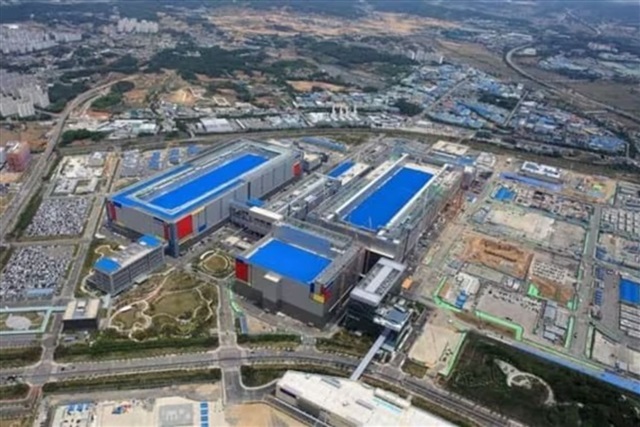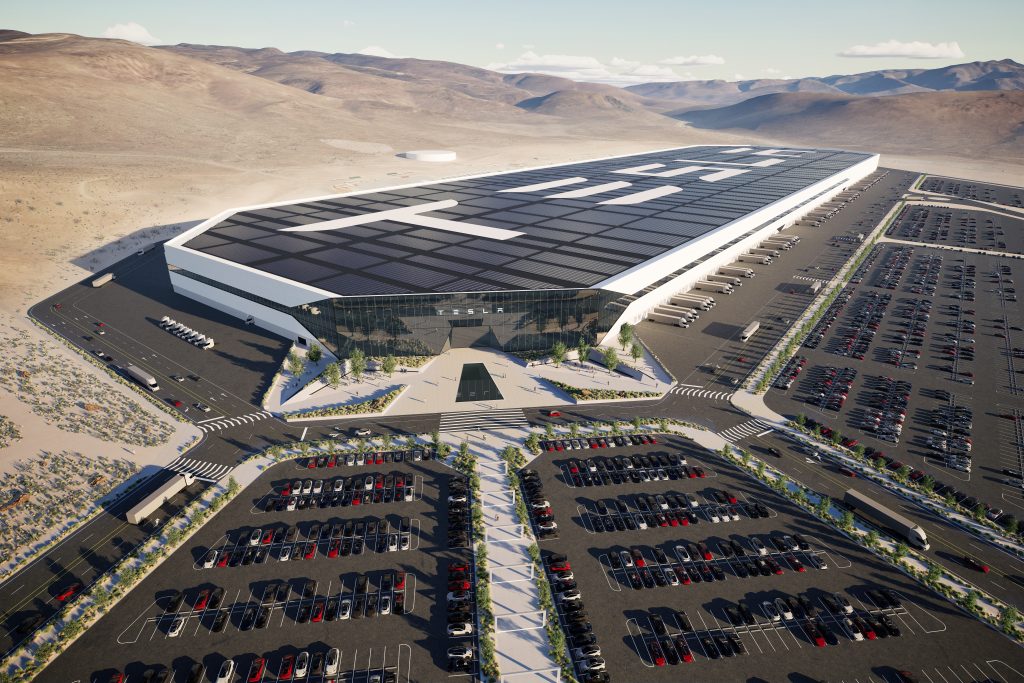Nvidia's H20 AI chip, once expected to anchor its sales in China, now faces an uncertain future as reports surface of halted production orders amid Beijing's push for local alternatives. The back-and-forth US export bans and policy shifts have left the chip's fate entangled in geopolitics and nationalism.
Production suspended amid political pressure
According to Reuters and Bloomberg, citing The Information, Nvidia instructed Arizona-based Amkor Technology and South Korean company Samsung Electronics to suspend chip manufacturing this week. The move followed signals from Beijing urging local firms to avoid using the H20, underscoring the shifting dynamics of US–China tech competition.
Policy whiplash defines H20's trajectory
The H20 chip has been at the center of policy whiplash since April 2024, when Washington imposed restrictions on its export as part of a broader effort to curb China's access to advanced AI technology. Nvidia warned at the time it could lose as much as US$5.5 billion from blocked sales.
By July 2024, however, the US Commerce Department began approving limited export licenses after Beijing agreed to ease restrictions on rare earths—materials critical to US defense and clean energy. The softened ban reflected Washington's tactical shift: maintain Chinese developers' dependence on US chips while limiting access to leading-edge performance.
Company maintains non-military stance
Nvidia has maintained that its H20 is not a military-grade product. In a statement, the company said it "constantly manages" supply chains based on market conditions, stressing that neither government relies on the other's chips for sensitive operations.
Historical tensions fuel current disputes
Still, political rhetoric has inflamed tensions. US Commerce Secretary Howard Lutnick said in July 2024 that the aim was to make Chinese developers "addicted" to American technology—remarks widely criticized in China as insulting. The phrase evoked memories of the Opium Wars, when foreign powers forced opium into China, a historical trauma often referred to as the beginning of the country's "Century of Shame."
China's government has intensified its push for self-reliance in semiconductors, pressuring companies to prioritize domestic suppliers over foreign alternatives. Analysts note that while Washington's conditional approval of AI chip sales gave Nvidia and AMD some relief, their market prospects in China remain uncertain as nationalist sentiment intensifies.
Stay up to date with the latest in industry offers by subscribing us. Our newsletter is your key to receiving expert tips.

Samsung Electronics is transforming its Pyeongtaek Campus Line 4 (P4) in South Korea into a manufacturing base focusing on HBM4 production. Analysts indicate that Samsung is increasing the proportion

Samsung scores another major foundry victory, expanding its roster of high-profile clients on advanced nodes. After Tesla selected the company in July to produce its AI6 processor under a $16.5 billio

Texas Instruments, a leading analog IC maker, has released its Q3 2025 results, with its cautious Q4 outlook sparking concerns over the broader semiconductor market. According to Reuters, the company